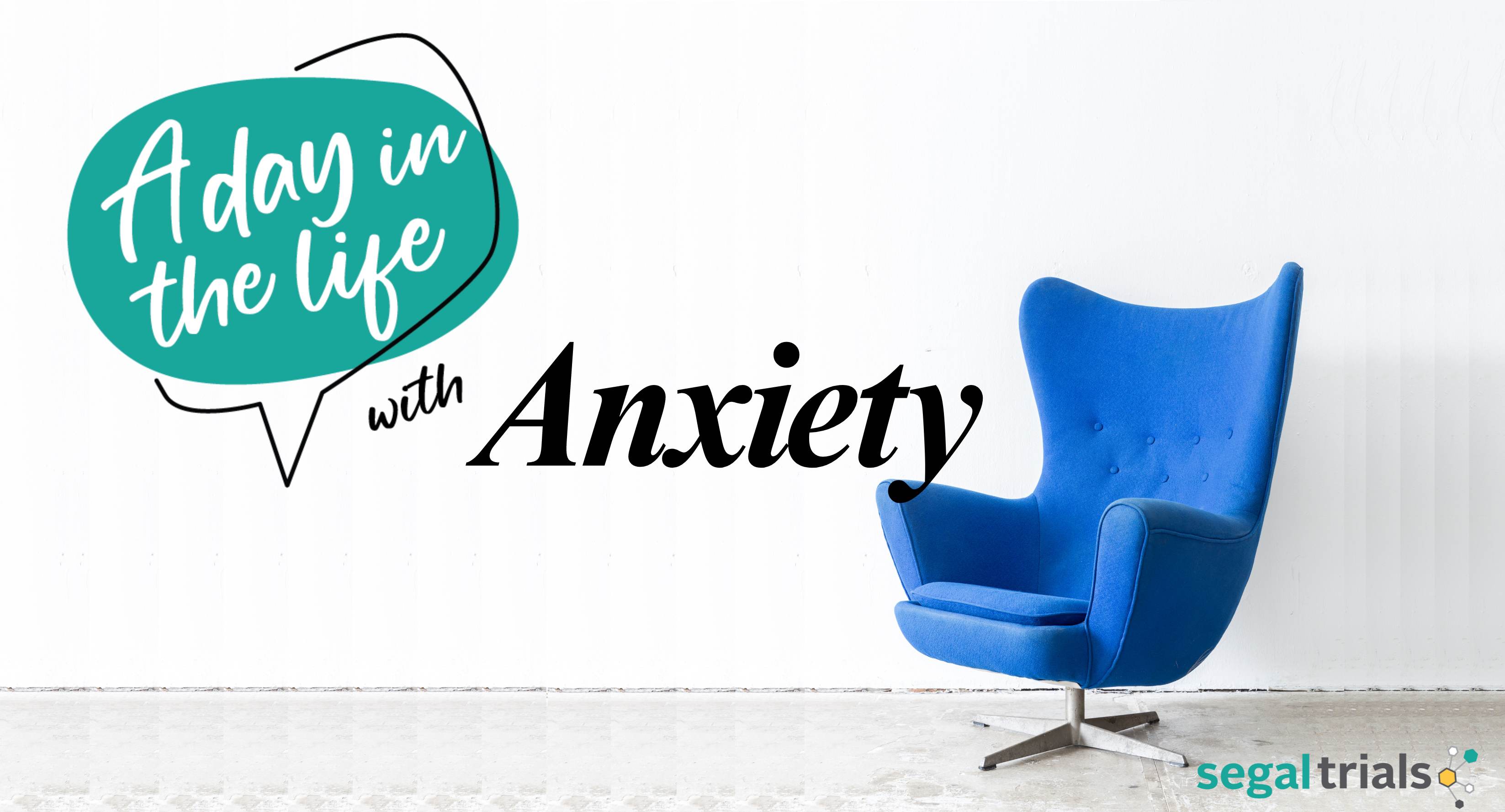A Day in Hannah's Shoes: Unveiling the Shadows of Anxiety

Sunlight painted the room in a golden embrace, but even before the alarm clock's echoing chime, Hannah's thoughts were already spiraling.
"Is my presentation polished enough? What if I blank out and make a fool of myself? What if my supervisor dismisses it?"
For many, mornings are a time of rejuvenation and optimistic planning. However, for Hannah and an estimated 19.1% of U.S. adults who grapple with anxiety disorders each year, mornings often herald a cascade of worries.
Defining Anxiety Anxiety is not merely feeling "stressed out." It is the body and mind's amplified response to stress—a deep-seated feeling of unease or dread about the future. Historically, it was a defense mechanism, an alert system that allowed our ancestors to perceive and evade potential threats. But for countless individuals today, anxiety isn't just a fleeting feeling; it's an overwhelming wave that crashes persistently.
Physical and Mental Indicators Hannah would sometimes feel her heart galloping in her chest, her breaths coming faster, and a relentless unease gnawing at her. Occasionally, it manifested as a parched mouth, perspiration dotting her palms, or her fingers twitching involuntarily. These are just some tangible markers of anxiety. Yet, it's not solely a physical phenomenon; it weaves intricately with one's thoughts and behaviors.
At her workplace, Hannah would scrutinize her emails exhaustively, paranoid that a trivial oversight might jeopardize her position. Social gatherings, which should be a source of joy, were akin to navigating a labyrinth. Questions plagued her: "What if I'm ostracized? Are they whispering about me? Is my outfit appropriate? Am I behaving oddly?"
Debunking Myths Surrounding Anxiety
-
"It's a figment of your imagination." Anxiety might originate in the mind, but its repercussions are tangible, pervading every facet of an individual's life.
-
"Why can't you just calm down?" If quelling anxiety were that straightforward, it wouldn't be classified as a disorder. It's not merely about "shaking it off"; it's entwined with a multifaceted tapestry of biological, psychological, and situational elements.
-
"Steer clear of what stresses you." Paradoxically, evasion can amplify anxiety. Recognizing and grappling with stressors is often integral to effective coping mechanisms and treatment.
By dusk, Hannah felt drained. The incessant overthinking, the self-questioning, and the tangible symptoms had sapped her vitality. But with therapeutic intervention, a robust support system, and in some cases, medication, numerous individuals, like Hannah, chart a path to navigate and flourish despite their anxiety.
Invoking Understanding & Empathy Envision the most taxing day you've ever endured, the magnitude of that apprehension. Now, magnify that sensation and imagine experiencing it recurrently. This is a mere glimpse into the realm of an anxiety disorder. However, with comprehension and empathy, we can alleviate the journey's challenges for the multitudes who grapple with it.
Fostering a Supportive Environment As days turned to weeks and weeks to months, Hannah's colleagues began noticing the subtle signs—her hesitance during meetings, the numerous drafts of an email before hitting send, and her polite refusals to after-work gatherings. Emma, a close colleague, took the first step. Instead of dismissing or trivializing Hannah's feelings, she engaged, listened, and sought to understand. This act alone, simple yet profound, was a lifeline for Hannah.
Every workplace, school, and community can benefit from awareness and education surrounding anxiety disorders. Workshops and training can dispel myths, provide resources, and equip individuals to support those like Hannah.
Concluding Thoughts When someone confides in you about their battles with anxiety, recollect Hannah's narrative. Understand that their experience isn't just about feeling occasionally stressed—it's a relentless storm they weather daily. With increased knowledge and sensitivity, we can sculpt a world where mental well-being is championed, and those battling anxiety disorders feel not just acknowledged but genuinely understood.
.png?width=710&height=179&name=ST1%20(3).png)


